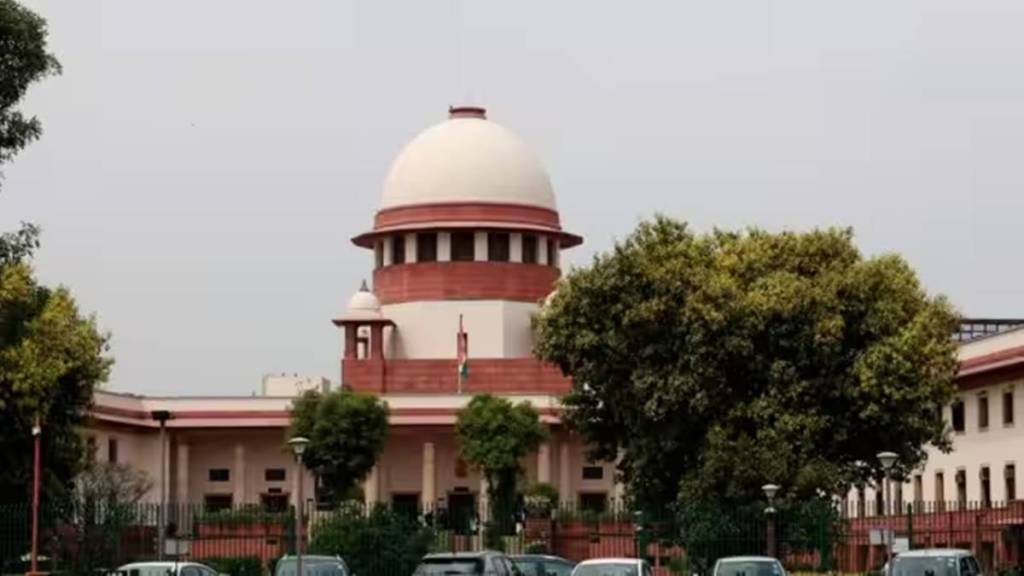The Supreme Court on Wednesday held that the state of West Bengal’s challenge against the Centre over the filing of FIRs in matters pertaining to the state by the Central Bureau of Investigation despite the revocation of general consent by its government was maintainable. The matter comes as a huge reprieve for the Mamata Banerjee-led government, especially in the context of the Sandeshkhali case, among others.
During the hearing today, a bench of Justices BR Gavai and Sandeep Mehta rejected the objections by the Union government that the state had suppressed material facts in its suit against the Centre. The court held that only averments in the plaint can be looked at while determining its maintainability. The court said it would hear the suit and posted the matter for hearing on August 13 for the framing of issues.
“We find the present suit is raising a legal issue whether after the withdrawal of the general consent, the CBI can continue to register FIRs and investigate cases in violation of section 6 of DSPE act…,” Live Law quoted the top court as saying. The bench stated in its order that the suit will proceed and its present findings are only for the purpose of determining the maintainability and will have no bearing on deciding the suit finally.
The West Bengal government of the Trinamool Congress had withdrawn its general consent to allow the CBI to conduct investigation of cases in West Bengal. The state has contended in its suit against the Union government despite revocation of its consent for the central agency under the Delhi Special Police Establishment Act of 1946, the CBI continued to register FIRs in respect to offences that took place within the state.
The suit was filed under Article 131 of the Indian Constitution, which deals with the Supreme Court’s original jurisdiction in a dispute between the Centre and one or more states.
The cases registered by the CBI, and cited by the state in court, include the ones registered by the central probe agency in Sandeshkhali at the orders of the Calcutta High Court.


